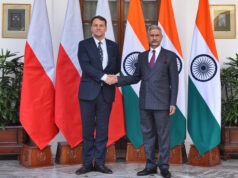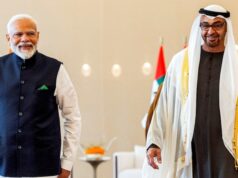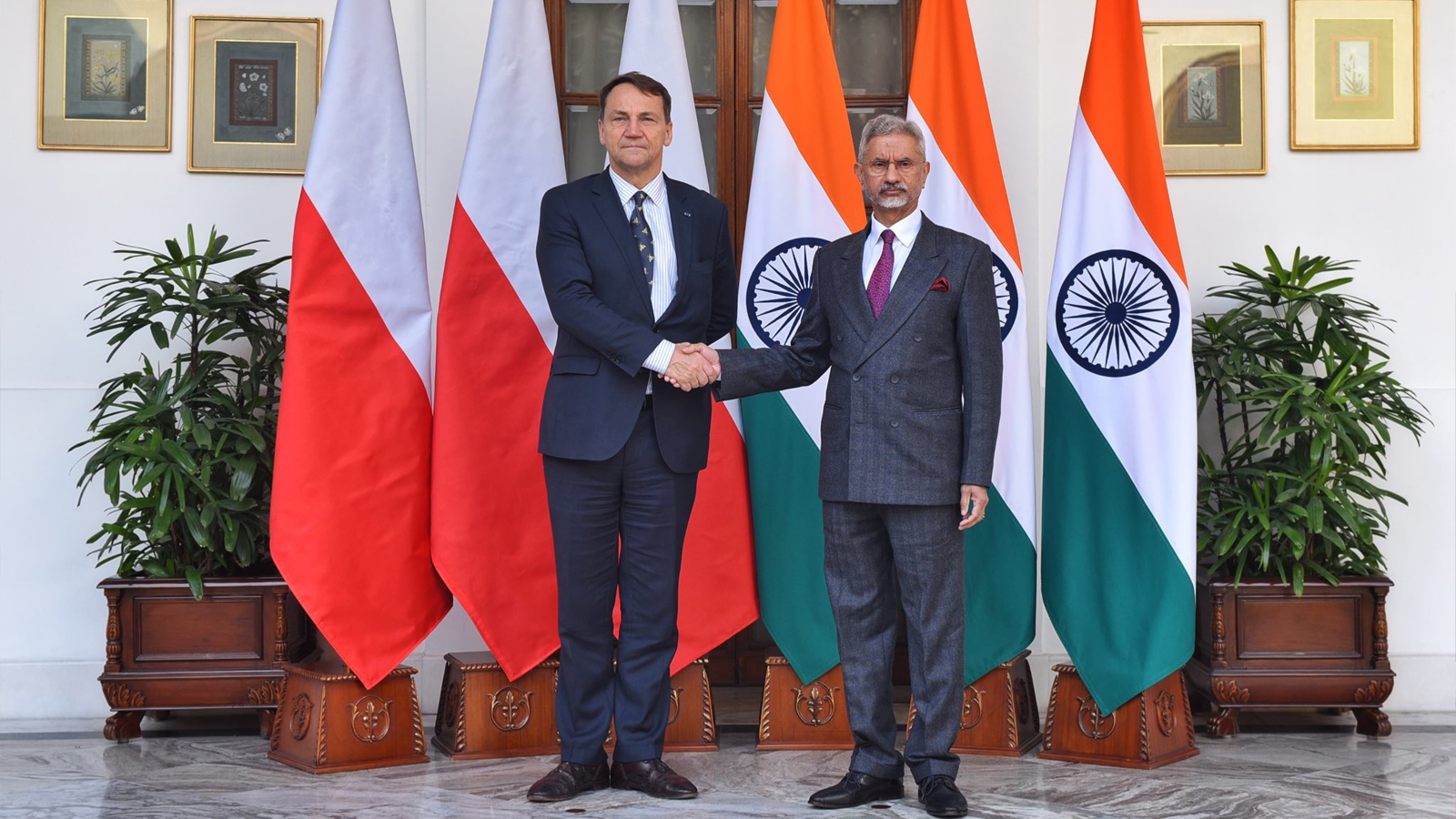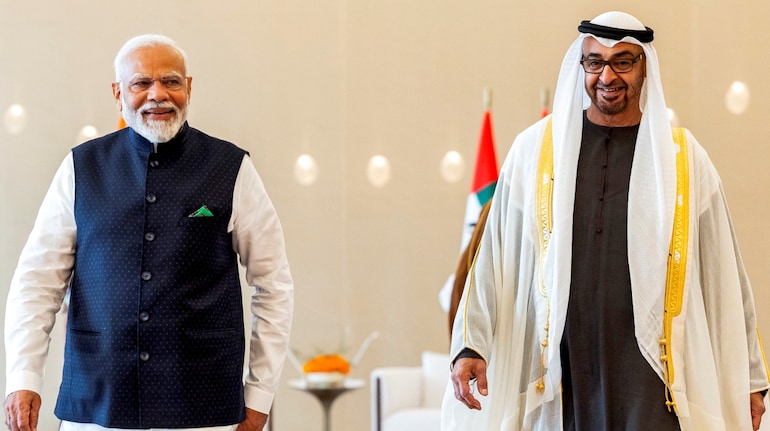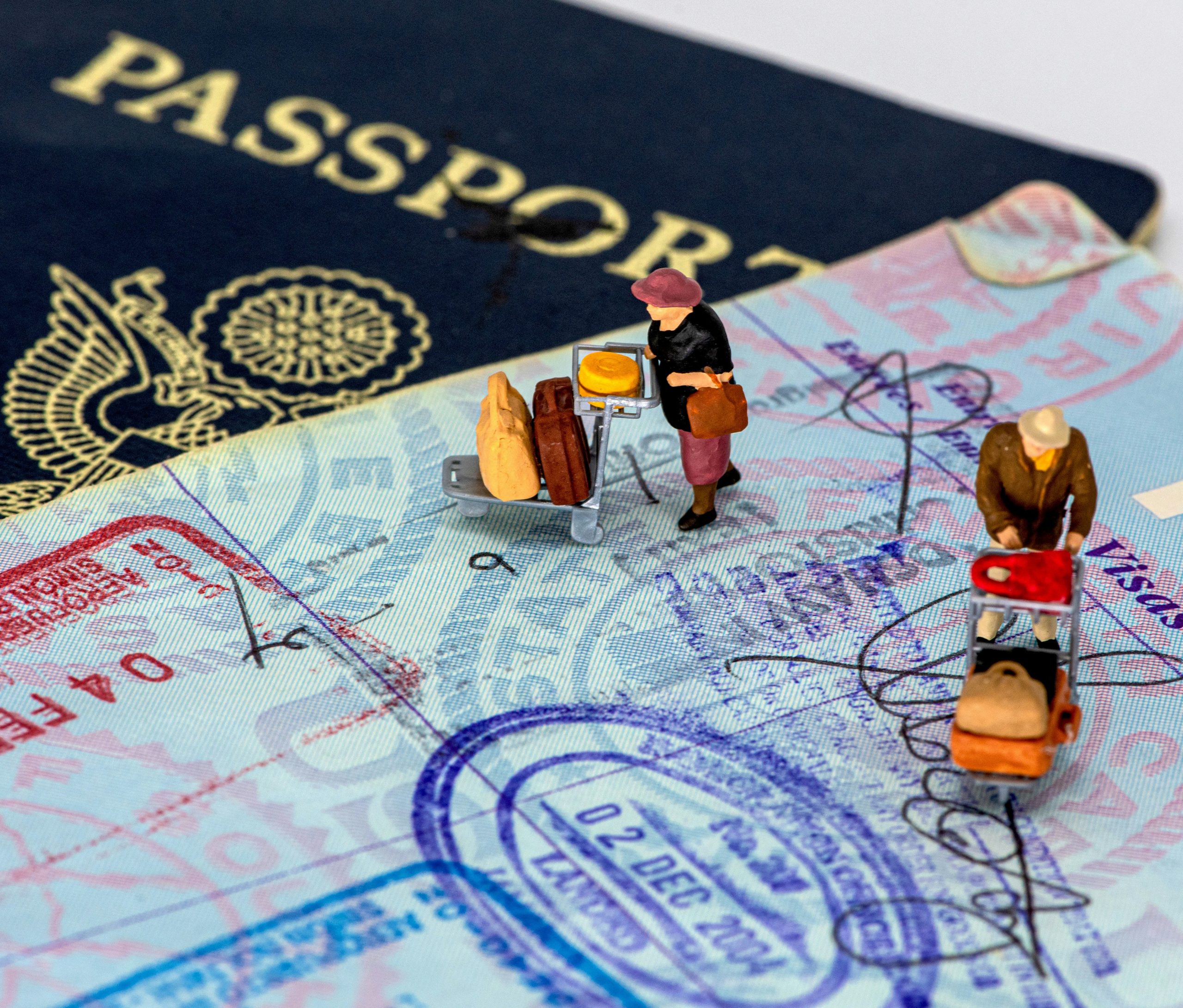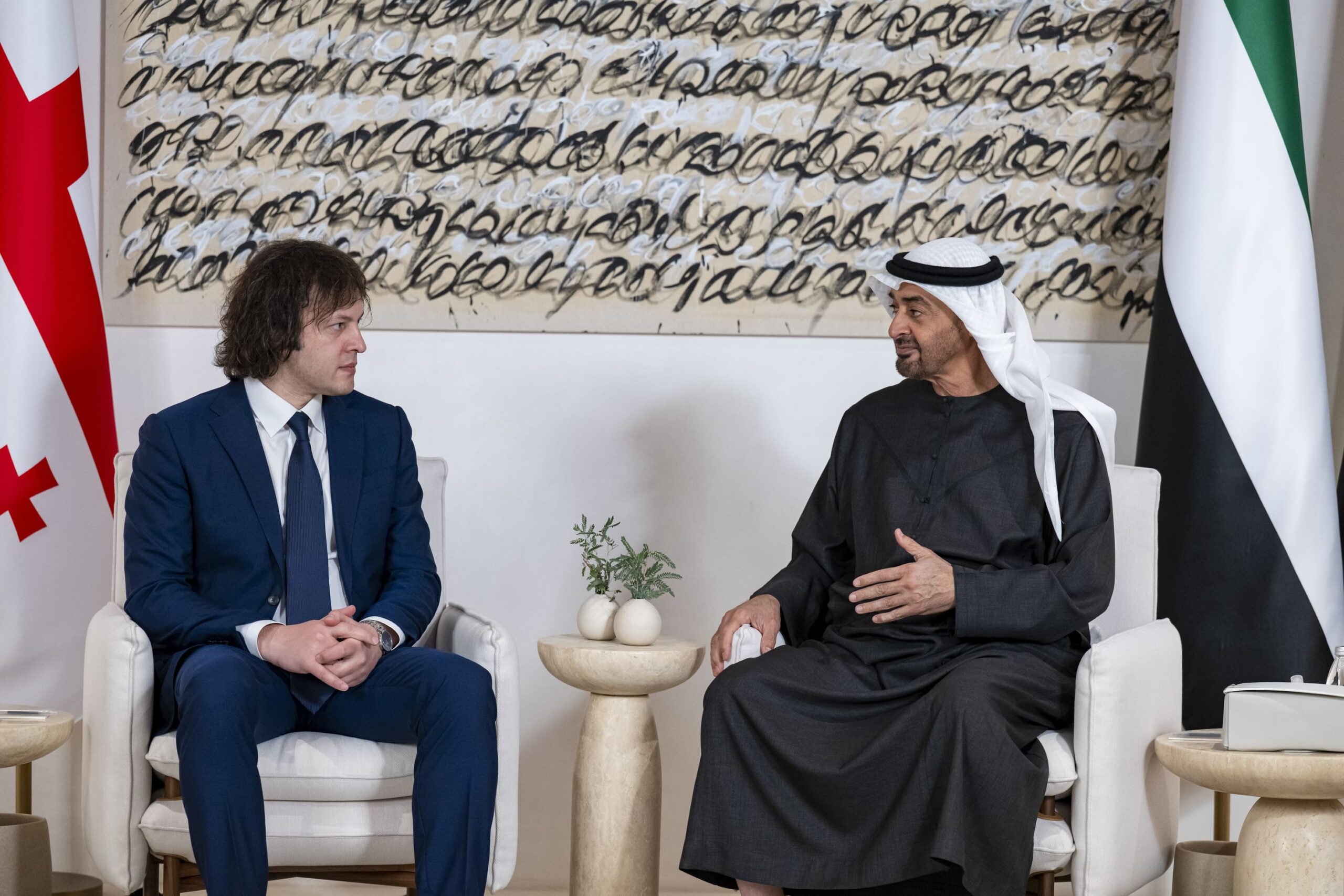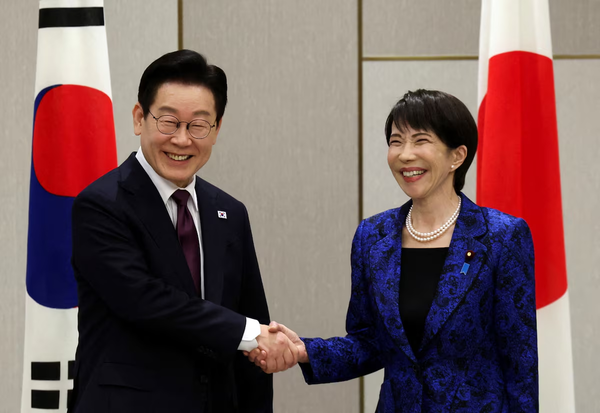Japanese Prime Minister Shigeru Ishiba and Lithuanian President Gitanas Nausėda held a significant summit in Tokyo on 9th June 2025, Monday, affirming their shared commitment to maintaining and strengthening a free and open international order grounded in the rule of law. The leaders emphasized their countries shared democratic values and pledged closer cooperation in security, technology, and cultural exchange, amid growing global instability. The summit, which began at 6:40 p.m. at the Prime Minister’s Office and lasted for nearly an hour, was followed by a 90-minute working dinner that continued the dialogue in a more informal setting.
A Legacy of Shared Values
Opening the meeting, Prime Minister Ishiba invoked the enduring symbol of friendship between the two nations: Chiune Sugihara, a Japanese diplomat stationed in Lithuania during World War II who saved thousands of Jewish refugees by issuing them transit visas, later known as the “Visas for Life.” Ishiba noted that this legacy continues to bind the two nations with a “warm and strong bond.” “Japan and Lithuania are like-minded nations that value democracy, human rights, and peace,” Ishiba said. “It is our responsibility to work together to uphold a free and open international order, especially in times of rising authoritarianism and conflict.”
President Nausėda echoed this sentiment, emphasizing that the international community must remain unified in defending the rule of law and sovereignty. “We are committed to deepening collaboration with Japan not only to strengthen our bilateral relationship, but also to contribute to peace and security globally,” Nausėda said.
Advancing Bilateral Cooperation
The two leaders agreed to initiate discussions on a potential information security agreement, recognizing the need to strengthen cybersecurity and defence collaboration as global threats evolve. This move signals a new phase in Japan-Lithuania defence ties, with particular attention on hybrid threats and technology cooperation. President Nausėda also expressed appreciation for Japan’s recent contributions to NATO’s Demining Capability Coalition, a Lithuania-led initiative aimed at clearing landmines in conflict-affected regions, particularly Ukraine. Further, both countries committed to expanding cooperation in key sectors including renewable energy, space development, science and technology, maritime transport, and cultural exchange. These initiatives reflect a broader effort to diversify strategic partnerships and bolster economic resilience.
Shared Concerns on Global Security
On the international front, the two leaders voiced strong concern over Russia’s ongoing war in Ukraine and denounced any unilateral attempts to change the status quo by force. They reaffirmed their support for a just and lasting peace in Ukraine, pledging continued diplomatic and material support. The growing military cooperation between Russia and North Korea was another source of mutual concern. Both leaders underscored the increasing inseparability of Euro-Atlantic and Indo-Pacific security and pledged to coordinate closely within NATO and other multilateral frameworks. Additionally, they discussed developments in East Asia, including North Korea’s missile and nuclear activities, and reaffirmed their commitment to a coordinated response in line with international norms.
Looking Ahead
As democratic nations at opposite ends of the Eurasian continent, Japan and Lithuania are increasingly finding common cause in shaping the future of international order. Monday’s summit marked a key milestone in the evolution of their bilateral relationship—from historical camaraderie to a modern, strategic partnership. The summit concluded with mutual pledges to sustain dialogue and cooperation across political, economic, and security domains, ensuring that both nations remain active contributors to a rules-based international system.


